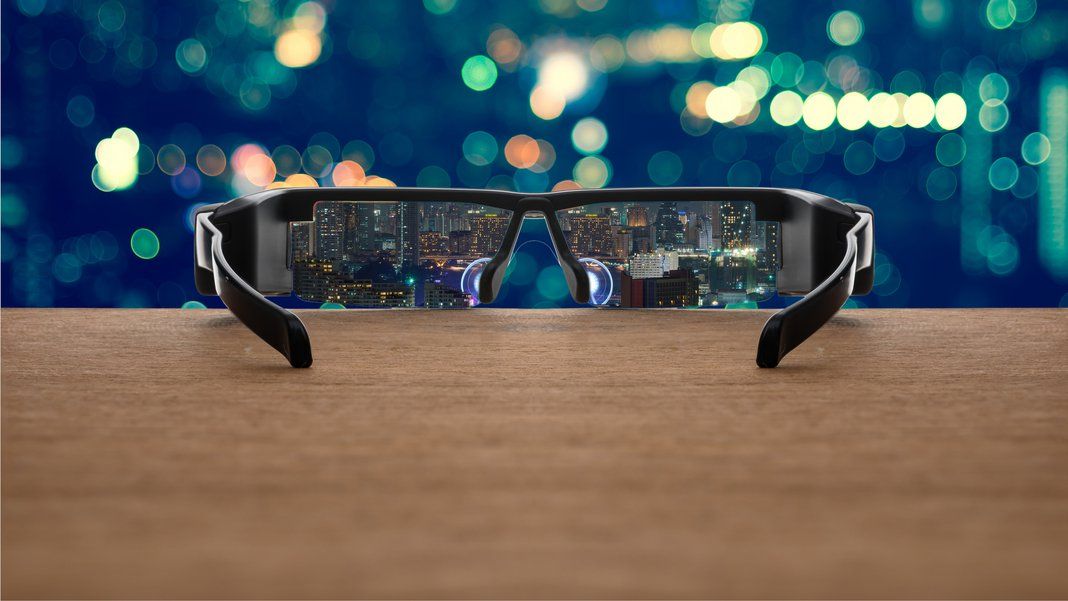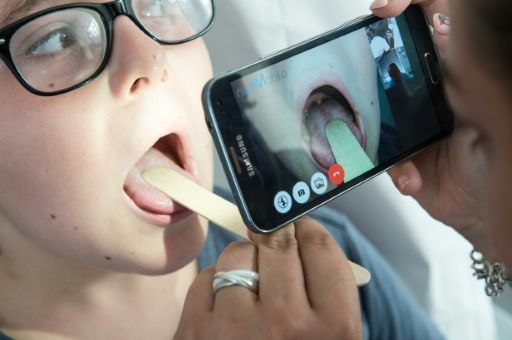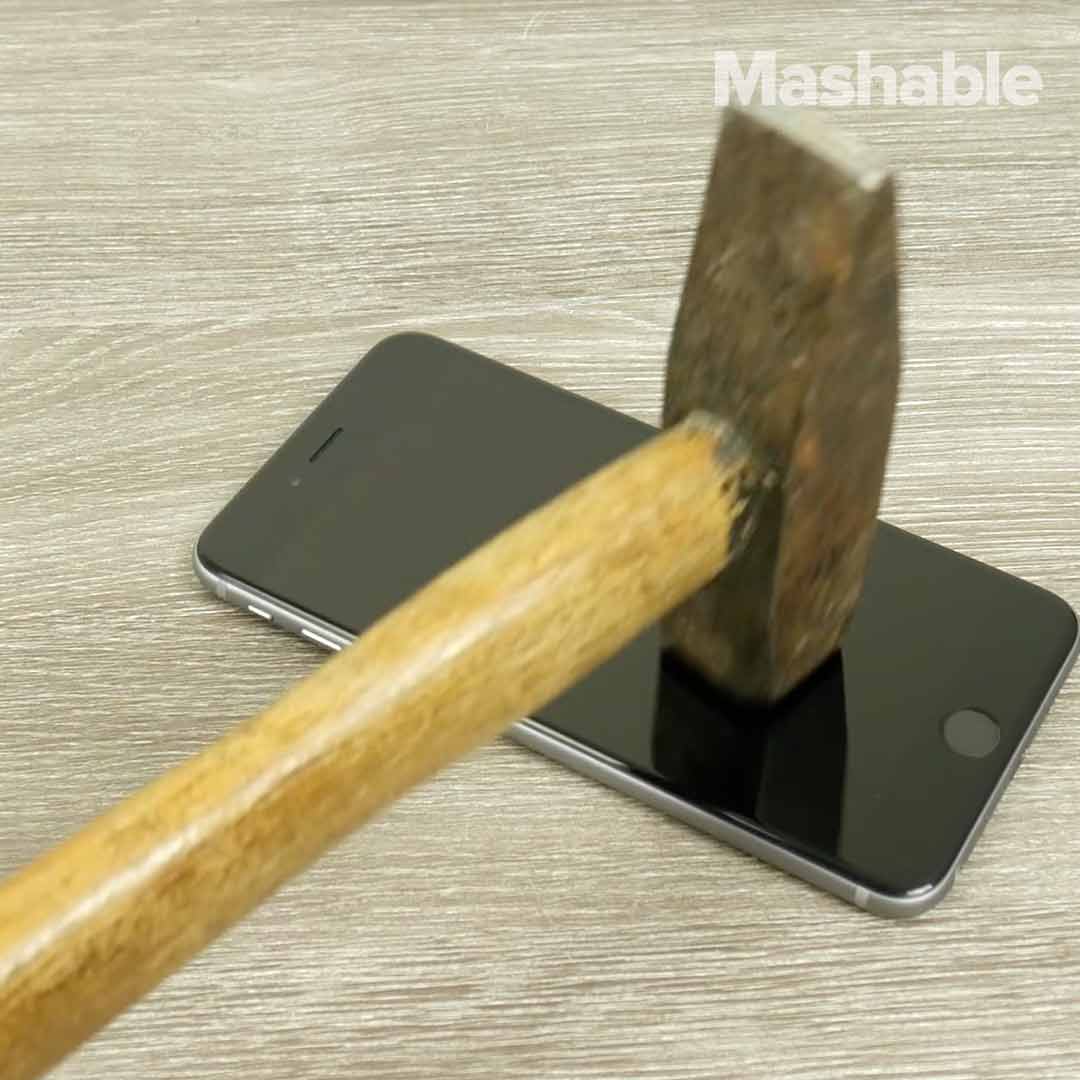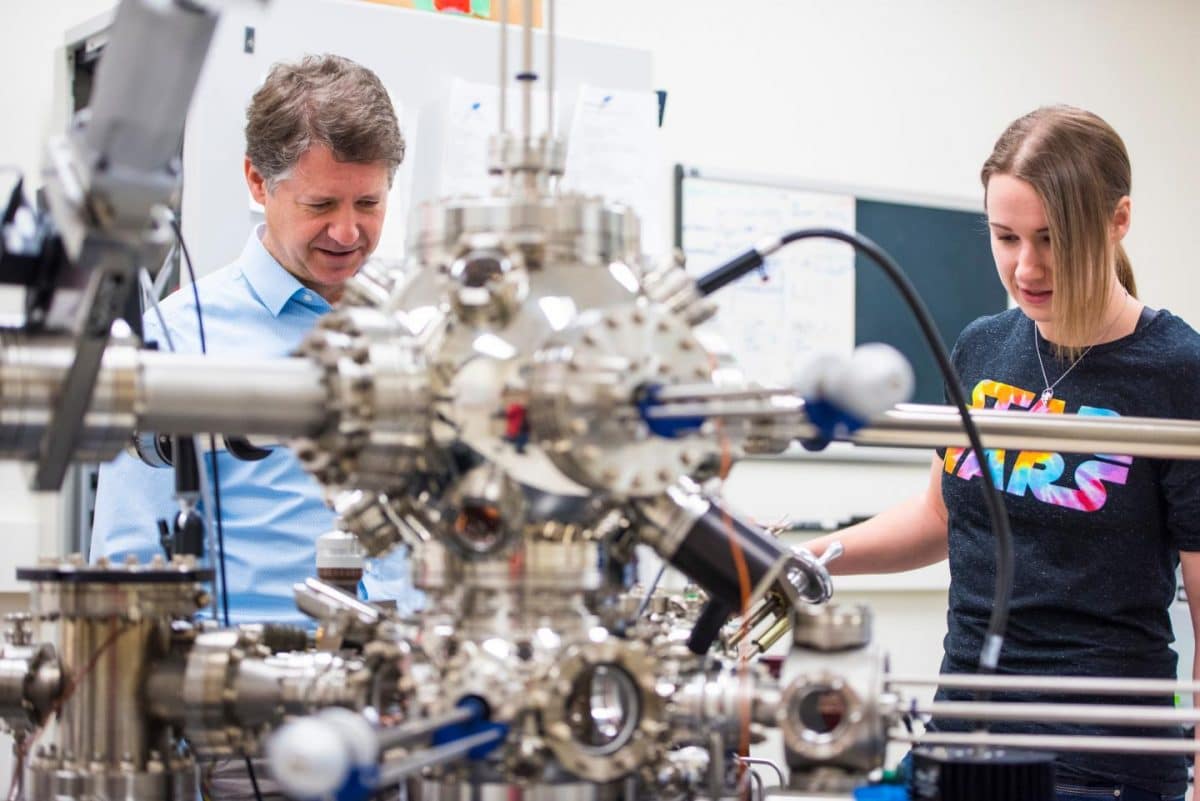In Brief
- Canada is spending millions to ensure all citizens have access to home internet with download speeds of at least 50Mbps and upload speeds of 10Mbps in the next 10 to 15 years.
- At a time when so many things we used to do in person or via a physical medium are done digitally, living without the internet inherently puts a person at a disadvantage.
Canada is making some major moves to ensure that every citizen in the country has access to fast broadband speeds. The Canadian Radio-Television and Telecommunications Commission (CRTC) announced this week that it was setting up a fund of $750 million available over the next five years to expand internet access.
The CRTC is implementing a standard of universal availability of home internet with download speeds of at least 50Mbps and upload speeds of 10Mbps with the option of unlimited data. In doing so, the Canadian government is declaring that broadband internet is a basic telecommunications service, akin to phone service.









